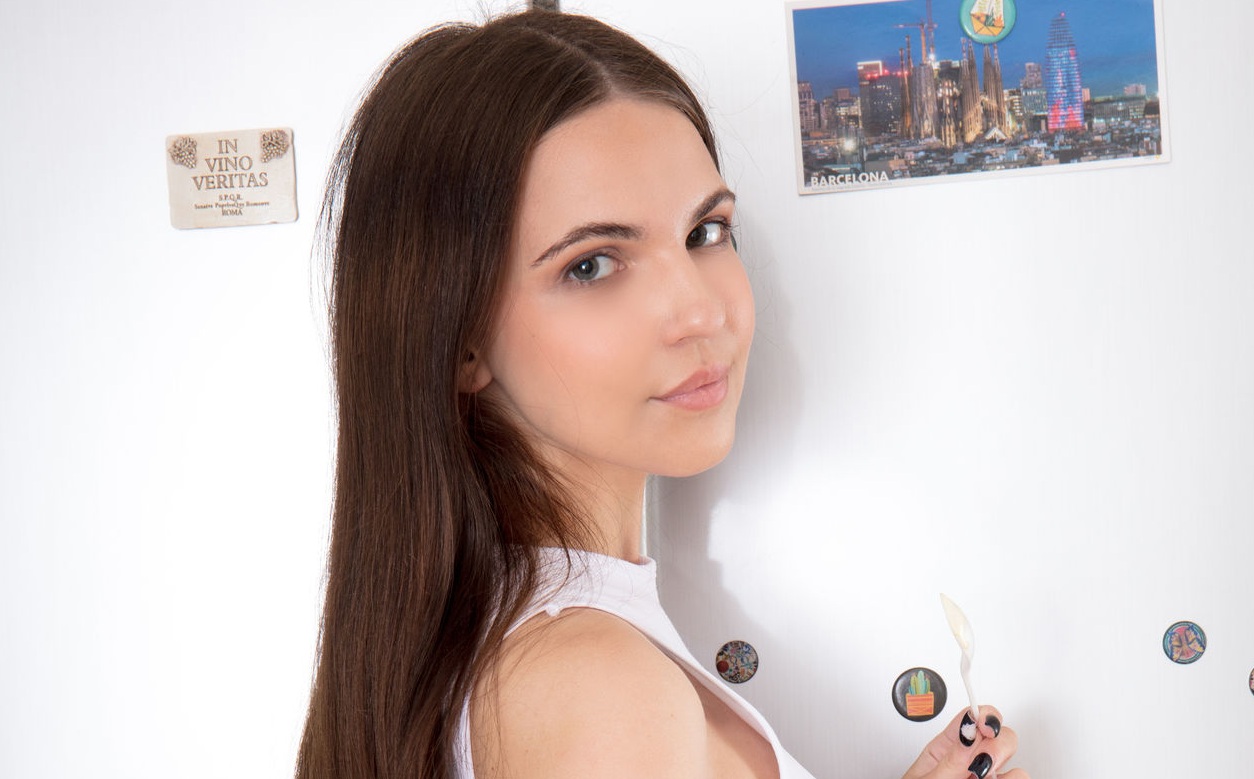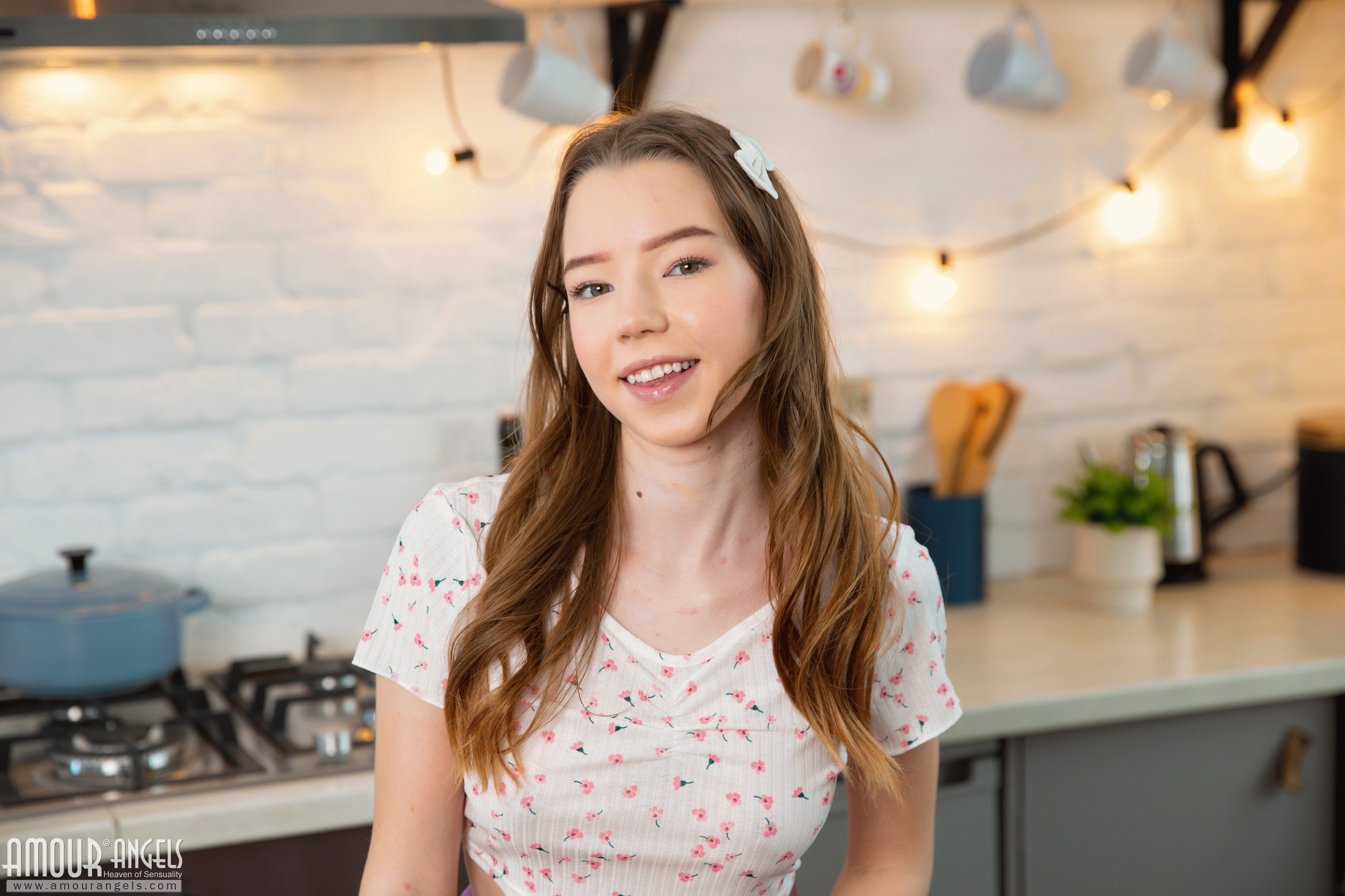Vanessa Adams did not set out to study breathwork with the intention of fixing anxiety. Like many people, she spent years believing that anxiety was something that lived entirely in the mind. When anxious thoughts appeared, she tried to reason with them, distract herself, or simply push through. At times this worked. At other times, the physical sensations told a different story.
Her anxiety did not always arrive as racing thoughts. Often it appeared first in her body. A tight chest, shallow breathing, a subtle sense of urgency that made it difficult to relax even when nothing was technically wrong. These sensations puzzled her. She could understand stress related to deadlines or responsibilities, but this constant background tension felt harder to explain.
Like many people navigating modern life, Vanessa assumed this was simply part of being busy. She normalized the feeling of being slightly on edge, assuming it would fade once life slowed down. Instead, it became more persistent. Moments of calm were interrupted by sudden waves of discomfort, even during otherwise ordinary days.
What concerned Vanessa most was how disconnected her anxiety felt from her thoughts. She could tell herself that she was safe, that nothing urgent was happening, yet her body refused to relax. This disconnect eventually led her to explore the physiological side of anxiety rather than treating it solely as a mental experience.
That exploration introduced her to breathwork. At first, the idea seemed overly simple. Breathing was automatic. She had been doing it her entire life. How could something so basic have any meaningful impact on anxiety reduction? Skeptical but curious, Vanessa began researching the science behind breathing patterns and their effect on the nervous system.
What she discovered reshaped how she understood anxiety entirely.
The Nervous System Connection Between Breath and Anxiety
Vanessa’s research began with understanding how anxiety functions at a biological level. Anxiety is not merely a set of anxious thoughts; it is a physiological state driven by the nervous system. When the body perceives threat, whether real or imagined, it activates the sympathetic nervous system, preparing for action.
This response is useful in genuine danger, but problematic when triggered chronically. Modern stressors rarely require physical escape, yet the body reacts as if they do. Elevated heart rate, muscle tension, and rapid breathing become the norm rather than the exception. Over time, this constant activation keeps the nervous system stuck in a heightened state.
Breathing plays a central role in this process. Shallow, rapid breathing sends signals to the brain that reinforce alertness and threat perception. Even when the mind tries to calm down, the body continues to signal danger through its breathing patterns. Vanessa realized that many anxiety symptoms begin not in thought, but in breath.
Scientific studies on breathwork show that slow, controlled breathing directly influences the vagus nerve, a key component of the parasympathetic nervous system. This system is responsible for rest, digestion, and recovery. By consciously altering breathing patterns, it becomes possible to shift the nervous system out of survival mode.
This mechanism explained something Vanessa had experienced without understanding. During anxious moments, her breathing became shallow and tight. When she unknowingly held her breath or breathed rapidly, anxiety intensified. Breathwork offered a way to interrupt that cycle at the physiological level.
What made this discovery compelling was its simplicity. Breathwork did not require belief, motivation, or emotional insight. It relied on biology. Regardless of thoughts, the body responds to breathing patterns predictably. Slow, deep breathing lowers cortisol levels, reduces heart rate, and signals safety to the brain.
Vanessa began to understand why traditional anxiety reduction strategies sometimes failed her. Cognitive techniques addressed thoughts, but left the body unchanged. Breathwork addressed the body directly, creating conditions where anxious thoughts naturally lost intensity.
How Breathwork Practices Influence Anxiety Reduction Over Time
Armed with scientific understanding, Vanessa approached breathwork cautiously. She did not expect immediate transformation. Instead, she treated it as an experiment, observing how her body responded over time.
The first thing she noticed was increased awareness. Breathwork made her conscious of how often she was holding tension without realizing it. During stressful moments, her breath shortened automatically. Simply noticing this pattern created an opportunity for intervention.
As she practiced controlled breathing techniques, Vanessa experienced changes that were subtle but meaningful. Rather than eliminating anxiety entirely, breathwork reduced its intensity. Panic symptoms softened. The sense of urgency diminished. Her body learned to return to baseline more quickly after stress.
Scientific research supports this experience. Regular breathwork practice improves heart rate variability, a marker associated with nervous system flexibility and resilience. Higher heart rate variability indicates an improved ability to shift between states of stress and relaxation.
Over time, Vanessa noticed that her baseline state changed. Anxiety no longer felt like a constant background presence. Stressful situations still triggered a response, but recovery happened faster. This distinction mattered deeply. Anxiety reduction did not mean never feeling anxious; it meant not staying trapped there.
Breathwork also influenced Vanessa’s relationship with control. Unlike avoidance strategies, breathing techniques encouraged presence. She did not suppress anxiety; she regulated it. This approach reduced fear of anxiety itself, which often amplifies symptoms.
One unexpected benefit was improved emotional regulation. By calming the nervous system, breathwork created space between stimulus and reaction. Vanessa found herself responding more thoughtfully rather than reacting impulsively under stress.
Importantly, breathwork required consistency rather than intensity. Short, regular practices were more effective than occasional long sessions. This made it accessible within real life, rather than something reserved for ideal conditions. The Heart Healthy Cookbook for Two: 125 Perfectly Portioned Low Sodium, Low Fat Recipes
From a scientific perspective, this aligns with how the nervous system learns. Repeated signals of safety strengthen parasympathetic pathways. Breathwork functions as a form of nervous system training, gradually shifting default responses.
Breathwork as a Sustainable Tool for Long-Term Anxiety Management
As Vanessa continued integrating breathwork into her routine, she became careful not to frame it as a cure. Anxiety is influenced by many factors, including lifestyle, environment, and emotional history. Breathwork did not replace other forms of mental health support, but complemented them.
What made breathwork sustainable was its adaptability. It could be practiced during moments of acute stress or integrated into daily routines. Unlike techniques that require ideal settings, breathing is always accessible.
Vanessa also noticed that breathwork shifted her relationship with anxiety triggers. Situations that previously caused immediate physical reactions became easier to navigate. The body no longer escalated as quickly, allowing the mind to remain clearer.
From a scientific standpoint, this reflects improved nervous system regulation. When the parasympathetic system becomes more responsive, the body does not overreact to perceived threats. This reduces the frequency and severity of anxiety symptoms.
Breathwork also supported better sleep and stress recovery. By calming the nervous system before rest, Vanessa experienced deeper relaxation. Improved sleep quality further contributed to anxiety reduction, creating a reinforcing cycle.
Crucially, breathwork empowered Vanessa with agency. Instead of feeling at the mercy of anxiety, she had a tool that directly influenced her physiological state. This sense of agency alone reduced anxiety-related fear.
Vanessa emphasizes that breathwork is not about forcing calm. It is about creating the conditions where calm can emerge naturally. When practiced with understanding and patience, breathwork becomes a bridge between science and lived experience.
Today, Vanessa Adams views breathwork as one of the most practical anxiety reduction tools available. Its effectiveness lies not in spirituality or belief, but in its alignment with human biology. By working with the nervous system rather than against it, breathwork offers a grounded, sustainable approach to managing anxiety.
Her exploration of the science behind breathwork changed how she understood anxiety itself. Anxiety, she learned, is not a personal failure or weakness. It is a physiological state that can be influenced, regulated, and softened through conscious breathing.
For Vanessa, breathwork did not eliminate anxiety from life. It gave her the ability to meet it with steadiness, understanding, and control. In doing so, it transformed anxiety from an overwhelming force into a manageable signal.





























